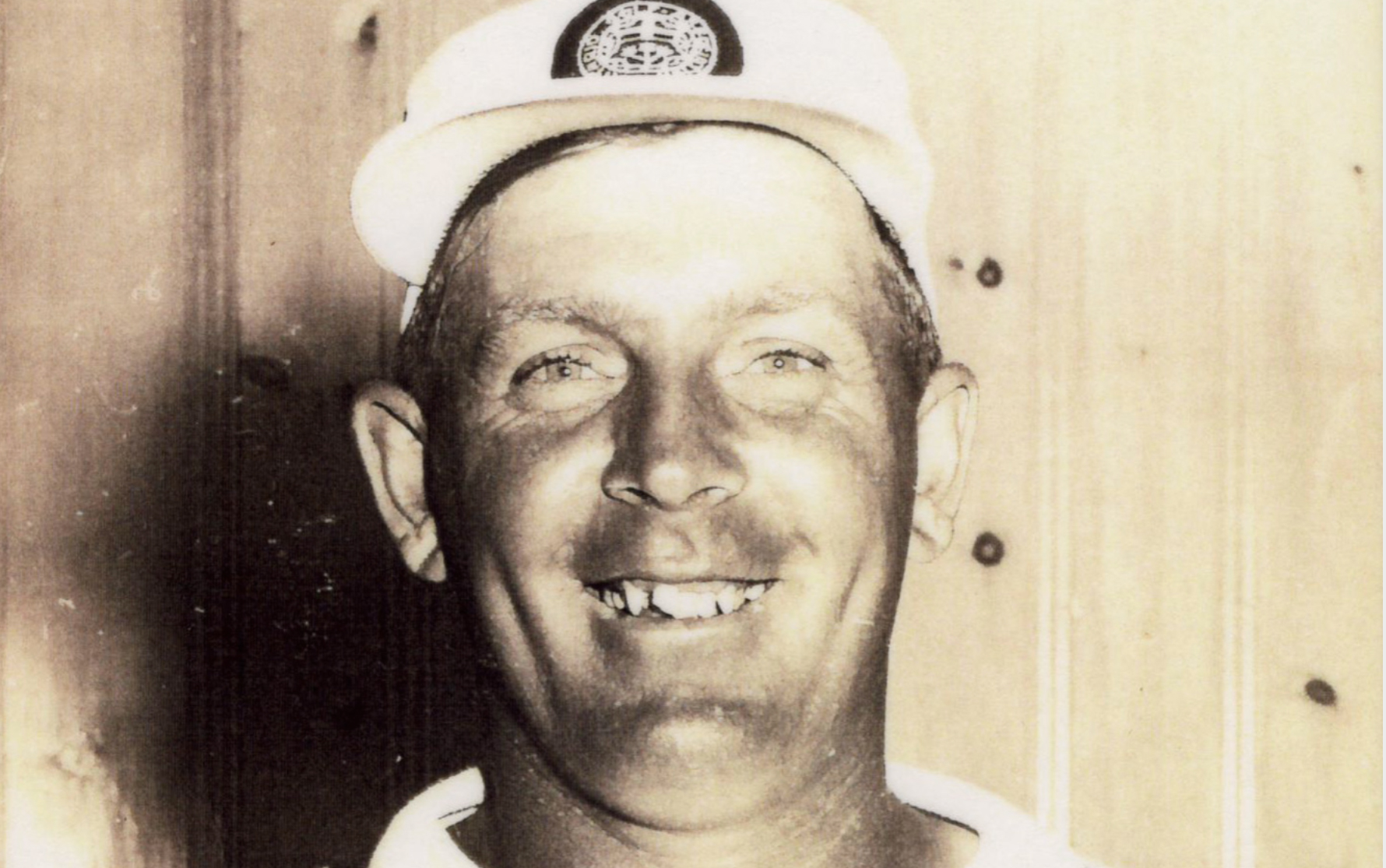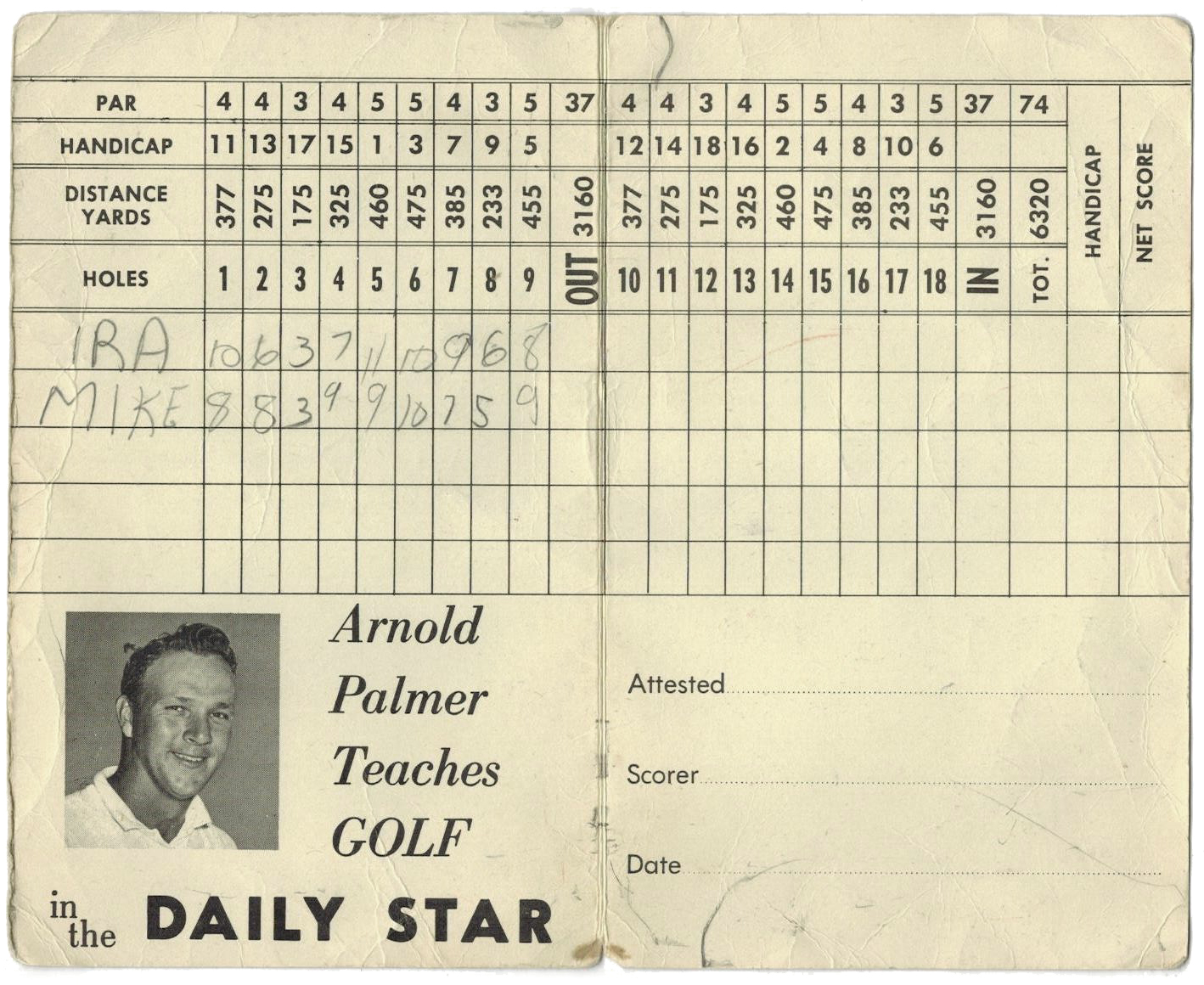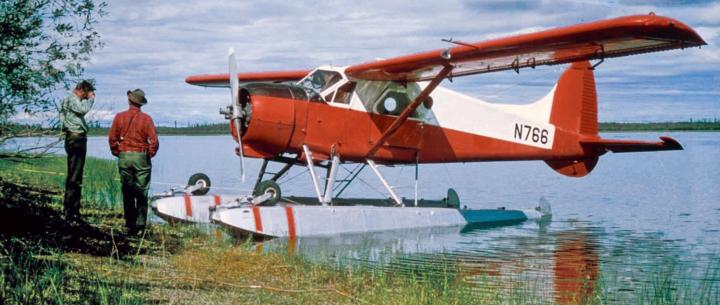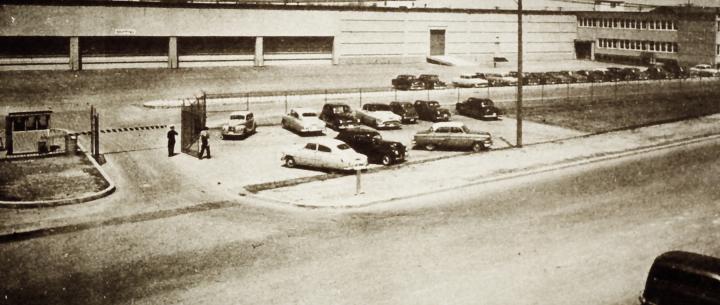Downsview as the centre of Toronto’s golf universe? The idea might sound outrageous today, but if you were a golfer in Toronto in the 1950s and 60s, chances are you spent a good deal of time at the de Havilland Golf Centre, located in what is today Downsview Park.

De Havilland offered something for everyone. Want to practice your drives? There was a two-tiered driving range (the ball always seemed to travel farther from the top level). Putting problems? Spend some time on the gigantic practice green.
How about your short game? De Havilland featured an 18 hole par three course that was fully lit so you could play well after dark on summer nights. The family could have fun playing one of the two 18-hole miniature golf courses. And for the ultimate test, there was a challenging par 37, 3160 yard nine hole course. And perhaps best of all, you could get there for the price of a TTC ticket.
And if you were lucky, you could encounter a man who was perhaps the greatest golfer Canada has ever produced, and certainly the most unusual.

His name was Moe Norman, but in the golf world he was known as Pipeline Moe, because his drives were always straight, long, and true. The mechanics of his swing broke all the rules, but his accuracy was uncanny. Once, at an exhibition, he hit more than 1500 drives over seven hours. All landed inside a 30-yard-wide target 225 yards away.
A writer once asked him when was the last time he hit a bad shot? “Thirty years ago,” he replied.
Moe Norman was a golf savant. He lived for the game. He had no other interests or relationships. Other pros were in awe of his ability, but he struggled to fit in socially to their country club universe. He spent most of his forty year competitive career in obscurity and poverty. He won many tournaments as a pro and amateur in Canada, but never felt comfortable playing the lucrative but high pressure U.S. tour.

But Moe felt right at home at de Havilland, where he would often be found behind the counter in the pro shop selling equipment and dispensing buckets of balls for the driving range.
And then there were the nights when he would step out from behind the counter and head for the range to hit hundreds of balls, each one landing exactly where he wanted. People who witnessed those exhibitions never forgot them.
Lorne Rubenstein, who grew up minutes away from de Havilland in Bathurst Manor and went on to become Canada’s premiere golf writer, recalls watching Moe Norman in action at the driving range:
“It was immediately apparent that he was like nobody else I’d met,” Rubenstein wrote in his book Moe & Me: Encounters with Moe Norman, Golf’s Mysterious Genius. “By being himself, Moe stood alone.”
More Stories

The de Havilland Beaver
Call it Downsview’s greatest gift to the world of aviation. Many successful aircraft were developed at de Havilland’s Downsview plant over the course of its fifty-year run - the Mosquito, the Tiger Moth, the Chipmunk, the Buffalo, the Twin Otter to name but a few – but arguably none had the magnitude of impact of the DHC-2 Beaver.

Downsview Military Base
The start of World War II was the beginning of the military’s interest in the lands of Downsview. In 1937, the Royal Canadian Air Forces expropriated portions of the site to enlarge the airstrip and established the RCAF Station Downsview
